Animals
Where can I find information about different animals?
(Years 5-8)

Image: Five elephants on brown grass by Larry Li on Unsplash.
Entry last updated: 10/07/25
Introduction
The world of animals has been divided into different groups or classifications based on their characteristics. While some species of animals have been domesticated and turned into pets or farm animals, others remain wild animals. Unfortunately, loss of habitat because of deforestation and climate change, are some of the reasons that have caused some animals to become endangered, or extinct.
Useful words
Here are some terms that you might come across in your research on animals.
Vertebrates: are animals with a backbone. Vertebrates are divided into five classes: amphibians, birds, fish, mammals and reptiles.
Invertebrates: do not have a backbone. Insects, spiders, worms, jellyfish, and coral are examples of invertebrates.
Amphibians: are vertebrates that need water or a wet environment to survive. They can live on land and in water. Frogs, toads, salamanders, and newts are some examples of amphibians.
Birds: vertebrates that have feathers, wings and a beak are called birds. Most birds can fly, but there are also many types of flightless birds, like the kiwi in New Zealand.
Fish: are vertebrates that live in water. Fish have gills to help them breathe, and fins and a tail to help them swim in the water.
Mammals: are vertebrates that have fur or hair, feed their babies with milk, and give birth to live young (instead of eggs).
Reptiles: are vertebrates that have dry, scaly skin, and usually, lay eggs on land. Snakes, lizards, crocodiles and turtles are examples of reptiles.
EPIC databases
EPIC is a collection of reliable databases covering lots of different topics. It’s put together especially for New Zealand school students and helps to answer questions like this.
This online version of Encyclopedia Britannica covers lots of topics, including all sorts of animals.
Choose your level. We suggest starting with Middle, as you can always change your level to get more or less information later on.
Enter the keyword 'animal' into the search box at the top of the page.
Select animal (biology) to read about the variety of animal life.
You can also use names of animals like 'elephant', or words like 'vertebrate' or 'reptile' depending on what information you need.
Tips: Search words, or keywords, are the most important words in our question. Usually it’s better to leave out small words like ‘the’, ‘a’ and ‘of’ and just choose the main ones, eg 'animals, lion, invertebrate'. We can always change our keywords or add more if we need to.
This site has heaps of reliable and age-appropriate information, books, video, images and maps on a range of topics including animals.
Go to the tab called Explore topics and find Animals.
You will find a range of videos, images, articles and books on animals.
You can also use the search bar at the top of the page for specific searches on 'reptiles' or 'amphibians'.
Tips: To get to the EPIC resources you will need a password from your school librarian first. Or you can chat with one of our AnyQuestions librarians and they will help you online. Some EPIC databases may also be available through your public library.
General websites
These websites are a great place to look for information about animals from all over the world.
This website from the Smithsonian Zoo has an A-Z index covering information about all of their animals.
Look down the page to the Meet the Animals heading and then choose Animals A-Z.
You can search for animals by their name, type, and by their conservation status.
Tips: A website’s address (URL) can give you a hint about how reliable it is. Look for addresses in the results that include .gov or .edu in the URL. These are quality sites from overseas government or educational organisations.
This site has information on most animals or groups of animals in the world.
Look down the page and select to understand the common traits of amphibians, arthropods, birds and more.
Select the tab Animals along the top of the page, then narrow your results using the different options.
The tab Habitat helps you explore animals by the environment like deserts or oceans.
Or use the tab Regions to find which animals live in Africa or Australia/New Zealand.
Tips: Many web pages have links to further information or to other recommended sites. Following these links is a great way to find out more.
This is the website of the world's leading conservation organisation for animals and their habitats.
Look at the tab Wildlife to find a section on Endangered species.
The tab Places is about threats and endangered animals in regions like the Amazon or Arctic.
Tips: Some websites ask us to buy or donate something to a good cause. It’s best to discuss it with an adult before making a donation.
New Zealand animals
These websites will help you find information about New Zealand animals.
Te Ara: The Encyclopedia of New Zealand
Te Ara is an excellent starting point for all questions about Aotearoa New Zealand. It is managed by the Ministry for Culture & Heritage information the information is well-researched and reliable.
Go to Topics.
Look through the list for animal topics like Birds, Fish, Mammals, Reptiles and amphibians, and Sea life.
Then choose a story eg Land birds - overview.
You can also use the search feature to search for a particular animal or topic such as Pets.
The Department of Conservation (DOC) is a government website about preserving the natural and historical sites of New Zealand.
Select the tab Nature from the top of the page.
Then go to Native animals to browse specific animal groups, like reptiles and frogs or marine mammals.
Tips: We like sites like this because they’re reliable. You can tell because of their web address – they have either .govt .ac, or .edu meaning they are from government or educational organisations. It's also a New Zealand site, so relevant for us.
Books
There are heaps of books you can use for research about animals. Have a look at these ones, or ask your school or local librarian for more recommendations:
Encyclopedia of animals by Jules Howard
Animals by Sean Callery and Miranda Smith
Extinct: an illustrated exploration of animals that have disappeared by Lucas Riera
Red alert!: 15 endangered animals fighting to survive by Catherine Barr.
SCIS no: 5373140
Topics covered
Related content
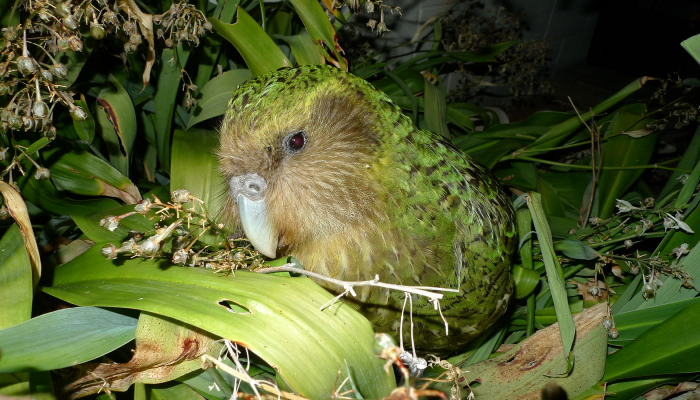
New Zealand birds
Where can I find information about New Zealand birds?
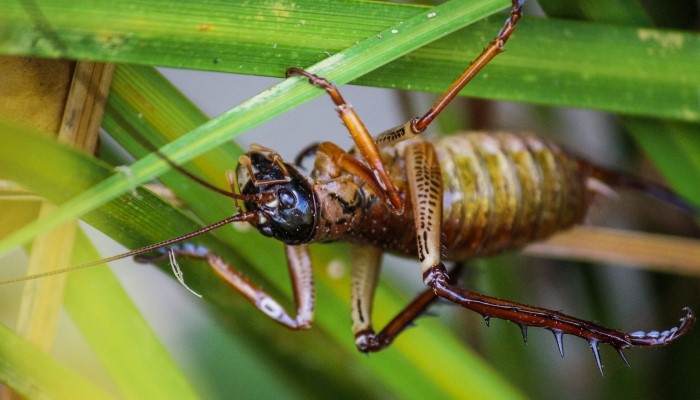
Creepy-crawlies (NZ)
Where can I find information about creepy-crawlies of New Zealand?

Pets (junior)
Where can I find facts and information about pet animals?
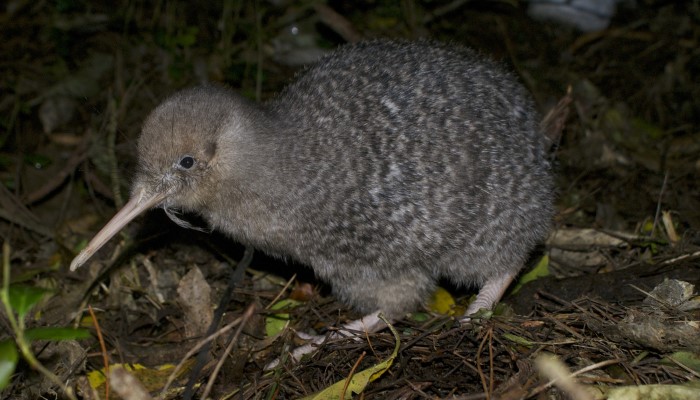
Animals (New Zealand)
Where can I find information about animals in New Zealand?
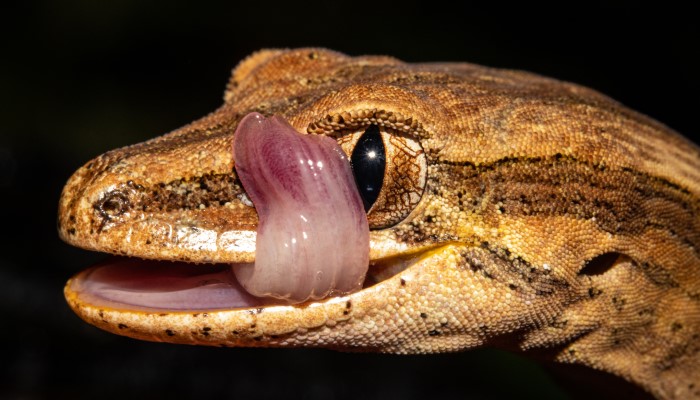
Adaptation
Where can I find information about plant and animal adaptation?
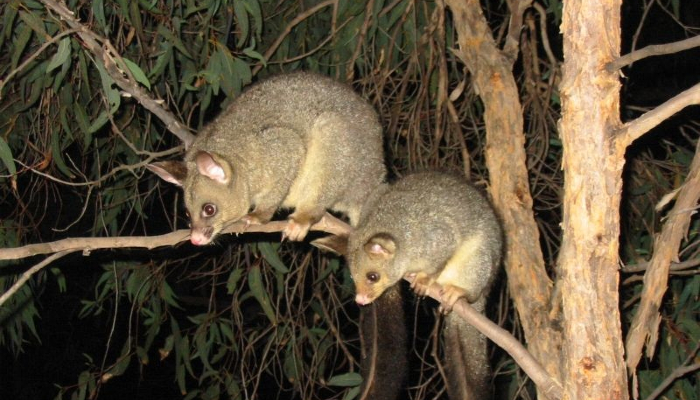
Animal pests (NZ)
Where can I find information about animal pests in New Zealand?
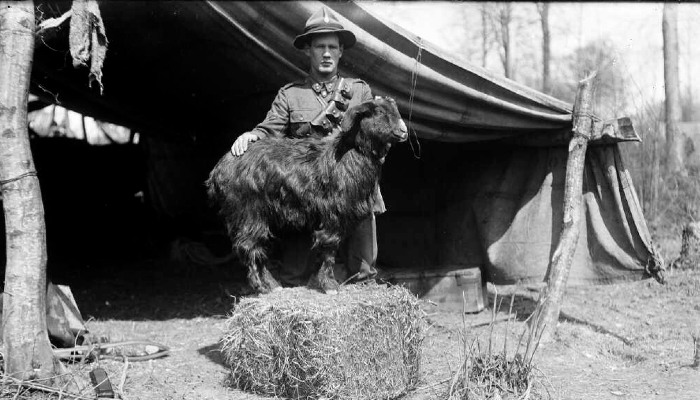
World War One (animals)
Where can I find information about the animals used in World War One?

Animals (Australia)
Where can I find information about animals in Australia?
